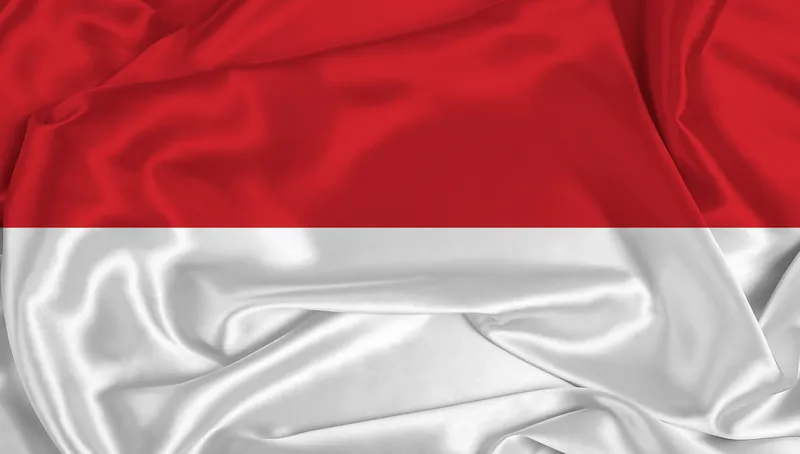Indonesian state-owned construction firm Waskita Karya will seek a bank loan of US$338 million for its work on the Pejagan-Pemalang toll project in central Java island. The project is being managed by Pejagan Pemalang Toll Road, a subsidiary of Waskita Karya.
Waskita company secretary Antonius Yulianto Nugroho said the firm has enough cash resources to cover a quarter of its financial commitment on the project and is targeting bank loans to cover the other 75%.
Waskita Karya plans to carry out a bond
January 12, 2015
Read time: 2 mins
RSSIndonesian state-owned construction firm 7966 Waskita Karya will seek a bank loan of US$338 million for its work on the Pejagan-Pemalang toll project in central Java island. The project is being managed by Pejagan Pemalang Toll Road, a subsidiary of Waskita Karya.
Waskita company secretary Antonius Yulianto Nugroho said the firm has enough cash resources to cover a quarter of its financial commitment on the project and is targeting bank loans to cover the other 75%.
Waskita Karya plans to carry out a bond issue sometime before June to raise $119 million toward the company’s capital expenditure this year, notably for its container terminal, energy projects, real estate and toll projects.
The company wants to raise the money in anticipation of winning around $950 million of toll road projects in 2015. Waskita Karya expects its capital spending this year to be up 43% on last year, to around INR 2tn, after the government of Joko Widodo committed itself to improving infrastructure.
Among the projects being eyed by Waskita Karya is the government's Trans-Java toll road that will run the width of Java. Of the IDR 22tn $1.75 billion worth of projects the company won in 2014, nearly $365 million of them consisted of toll roads.
Meanwhile, this month the government awarded a 40-year concession to another state-run company, Jasamarga Kualanamu Tol (JKT), to operate the 62km Tebing Tinggi-Kualanamu-Medan highway in North Sumatra. JKT will not do the first stage of the $317 million project - an 18km section - that will be completed in 2016. At that time, JKT will take over construction, with a completion date in 2017.
JKT is owned by several other state-owned companies:1083 Jasa Marga has 55% while firms 5206 Hutama Karya, Waskita Karya and 5204 Pembangunan Perumahan each own 15%.
3260 World Highways reported late last year that construction on Indonesia’s 21km Bekasi-Jakarta toll road re-started after a hiatus of close to 20 years. Work was originally started by Kresna Kusuma Dyandra Marga (KKDM), a consortium headed by Waskita Karya which has a 60% stake in the business. But work stopped in the late 1990s due to the Asian financial crisis.
KKDM will operate the toll road, expected to finally cost $600 million. Around $29 million of state funds will buy land required for the work.
Waskita company secretary Antonius Yulianto Nugroho said the firm has enough cash resources to cover a quarter of its financial commitment on the project and is targeting bank loans to cover the other 75%.
Waskita Karya plans to carry out a bond issue sometime before June to raise $119 million toward the company’s capital expenditure this year, notably for its container terminal, energy projects, real estate and toll projects.
The company wants to raise the money in anticipation of winning around $950 million of toll road projects in 2015. Waskita Karya expects its capital spending this year to be up 43% on last year, to around INR 2tn, after the government of Joko Widodo committed itself to improving infrastructure.
Among the projects being eyed by Waskita Karya is the government's Trans-Java toll road that will run the width of Java. Of the IDR 22tn $1.75 billion worth of projects the company won in 2014, nearly $365 million of them consisted of toll roads.
Meanwhile, this month the government awarded a 40-year concession to another state-run company, Jasamarga Kualanamu Tol (JKT), to operate the 62km Tebing Tinggi-Kualanamu-Medan highway in North Sumatra. JKT will not do the first stage of the $317 million project - an 18km section - that will be completed in 2016. At that time, JKT will take over construction, with a completion date in 2017.
JKT is owned by several other state-owned companies:
KKDM will operate the toll road, expected to finally cost $600 million. Around $29 million of state funds will buy land required for the work.







